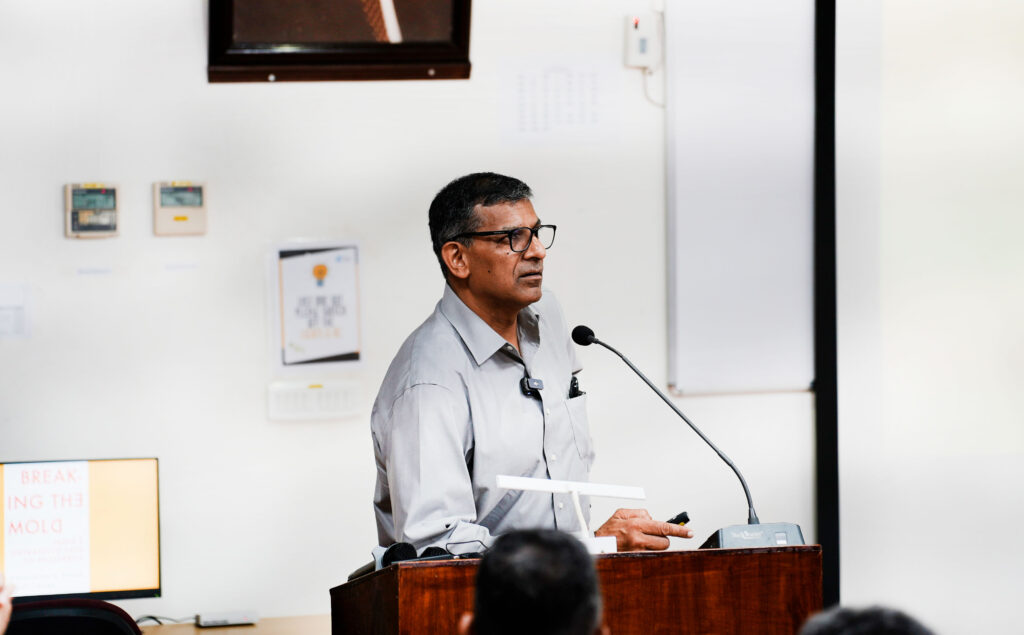On 30 September, 2024, Krea University hosted a thought-provoking talk by Dr Raghuram G Rajan, Former Governor of the Reserve Bank of India, Katherine Dusak Miller Distinguished Service Professor of Finance at the University of Chicago’s Booth School of Business and Member of the Governing Council at Krea University. He discussed the future of India’s development, drawing from his book Breaking the Mould: Reimagining India’s Economic Future. Dr Rajan emphasised that India faces significant challenges, particularly in creating enough jobs and increasing female employment rates. He noted that the pandemic has worsened these issues, making it even more crucial for India to explore new, innovative pathways. Rather than fixating on one specific route, he argued that India must expand its options.
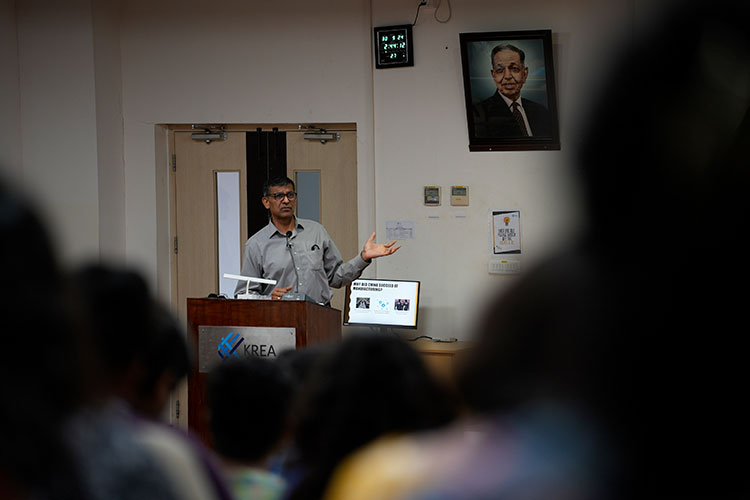
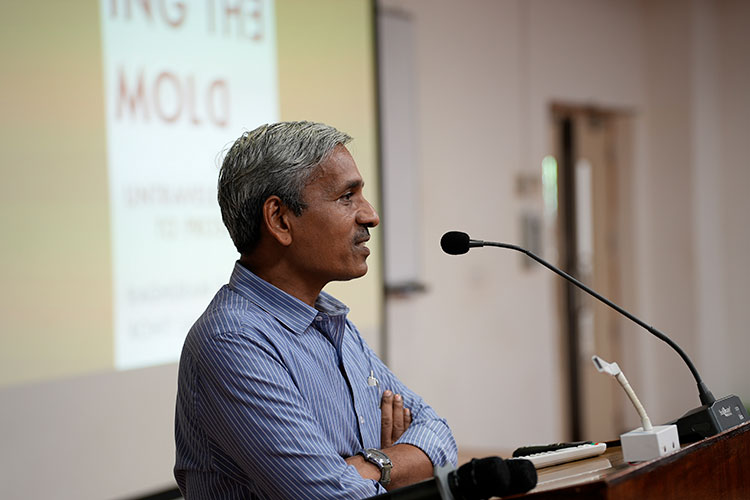
He challenged the traditional belief that manufacturing is the key to prosperity. While China has succeeded through manufacturing, India has developed a stronger service sector. He posed an important question: Is India prematurely de-industrialising, or is it playing to its strengths? He pointed out that many semi-skilled jobs, which are important to our day-to-day lives, like plumbing and repair, are found in the service industry and hence shouldn’t be seen as inferior to manufacturing.
He also highlighted the global challenges in low-skill manufacturing, noting fierce competition from countries like Vietnam and Mexico along with protectionist policies, and the increasing role of robotics. Dr Rajan used the “smile curve” to illustrate how value in production is now concentrated in research, development and marketing. Companies like Apple, which focus on intellectual property, capture most of the profits, leaving little room for those focused solely on manufacturing.
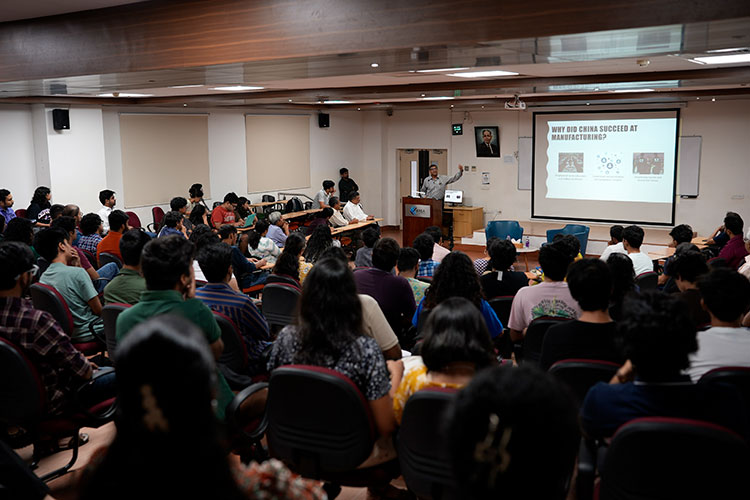
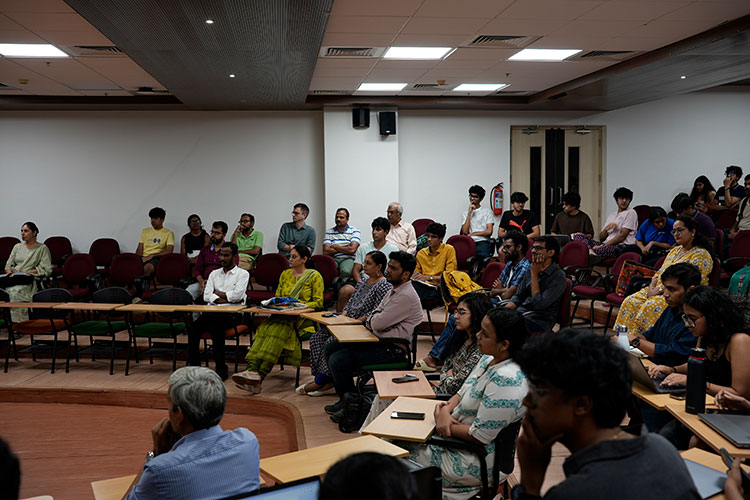
Dr Rajan repeatedly stressed that India doesn’t have to choose between manufacturing and services but should strive to excel in both. He cited examples like Tilfi, which rebranded traditional weaving, and Agnikul, a company innovating in rocket design, as successful models that combine services and manufacturing.
A particularly compelling point that Dr Rajan made was the need for India to focus on developing intellectual capital rather than just industries. He argued that while building industries is important, nurturing minds and fostering innovation are the true engines of future growth. By investing in education research, and creativity, India can position itself as a leader in high-value services. Dr Rajan suggested that India prioritise the development of intellectuals — those who can drive innovation and design the products of tomorrow — rather than focusing solely on physical industries.
A report by Pranvi Khare, Cohort of 2026, SIAS
